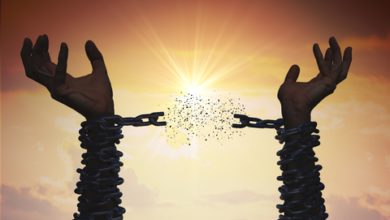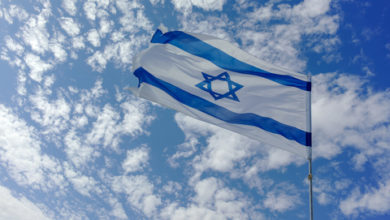Why perform Maintenance in the Temple?
The maintenance in the Temple which was carried out by Jehoash, the King of Judah, in the twenty-third year of his reign (Kings II 12:7-16) took place in the year that Jehu, King of Yisrael, died (as is clear from verse 13:1). Evidently this was not a mere coincidence. The reign of Jehu was a time of renovation such as was not seen in the Kingdom of Judah. The first seven years of Jehu’s reign took place in parallel with the evil reign in Judah of Athaliah, who pursued the House of David and encouraged the worship of Baal, while in the Kingdom of Israel the King rejected the worship of Baal. For the very first time, the center of the service of G-d was in the north, while the center of the worship of Baal was in the south.
The only sin that remained in the north was that of Jeroboam. According to Rabbi Yehuda Halevi (Kuzari 4:13), this was not idol worship but offering sacrifices on local altars (“bamot“). This also existed in the Kingdom of Judah – “The people continued to sacrifice and bring incense on the local altars” [12:4]) – but the calves of Jeroboam served as competition for the Temple in Jerusalem. Perhaps this new situation led the worshippers of G-d to wonder if sacrificing calves locally might not be preferable to service in the Temple. This might have led them to decrease their donations for maintenance of the Temple, in spite of the explicit instructions by Jehoash (12:5-6), and it therefore fell into disrepair as time went on. But after Jehu died he was replaced by his son Jehoahaz, who did not follow in G-d’s path. As is written, “And he did evil in the eyes of G-d” [13:2]. And then the people in the Kingdom of Judah realized that the worshippers of G-d must provide greater support for the Temple, and they started to visit it more often and gave contributions for maintenance.
Thus, there is a parallel between collecting donations for maintenance of the Temple during the time of Jehoash, in this week’s Haftarah, and the collection of half a Shekel in the special reading of Shekalim. Both come after the end of worshipping through a calf – first the Golden Calf in the desert and then the calves in Beit El and in Dan. In fact we are told that Jehoash gathered for maintenance “the donation of Moses, the servant of G-d, from Israel in the desert” [Chronicles II 24:9]. That is, he collected half a Shekel, just as Moses did in order to build the Tabernacle. This provides additional support of Rashi’s viewpoint (Exodus 31:18) – that the command to build the Tabernacle was given after the sin of the Golden Calf.
Worship on local altars is a sign of separation, which indicates a lack of love for the nation as a whole. The worship of the Golden Calf in the desert was the result of exaggerated fear stemming from the fact that Moses had left. The sacrifices of the calves by Jeroboam came about because of a fear that the people might return to the House of David. The way to make amends for these actions is to increase the love and the dedication to the entire nation, expressed as contributing for the maintenance or the construction of the Temple. Therefore this collection did not include “the money for the Asham Sacrifices and the Chatat Sacrifices” [12:17], atoning for sins, which would have been related to fear.
Source: “NOTES FROM THE HAFTARAH” – a biweekly column in Shabbat B’Shabbato (Zomet Institute) See: http://www.zomet.org.il/eng – Vayakhel 5776, issue 1614.



